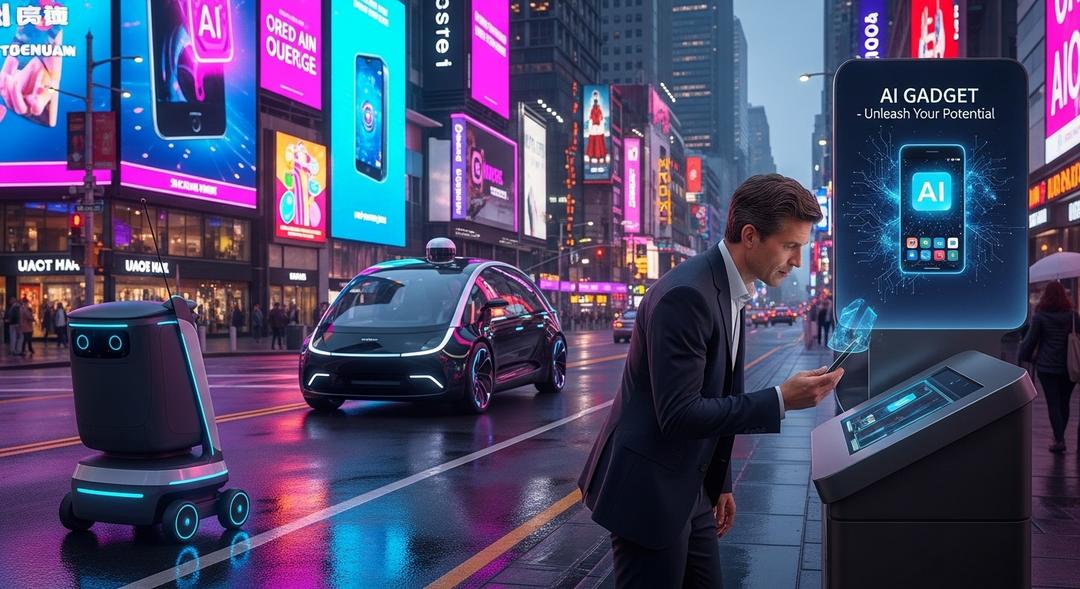Just a few years ago, the health care industry relied on time consuming tasks and mountains of manual paperwork.
Today, artificial intelligence is turning that world on its head as data fuels everything from insurance processes to the earliest phases of drug research.
What once took entire teams weeks to complete, like credentialing a doctor across numerous insurance networks, now happens in a fraction of the time.
Surya Gummadi, president of Cognizant Americas, sees the change up close. “Now, with AI, we can get the task done within hours, if not minutes,” he says.
This wave of new technology is not stopping at administrative work. Clinical trials can be launched and tracked quicker than before, real time insurance approvals allow doctors to make faster decisions for their patients, and health care organizations suddenly have access to efficiency beyond human speed.
Cognizant’s platforms reach about two thirds of all insured people in the United States, so the company’s approach to artificial intelligence is shaping the system for millions.
Big Changes in the Administrative Core
Gummadi notes that the transition starts by boosting productivity with AI powered tools, but that’s only phase one for most companies. The bigger ambition lies in weaving artificial intelligence throughout the backbone of operations.
For Cognizant, that effort means using what Gummadi calls “agentification” — letting clusters of AI programs handle complicated and interconnected requests without human intervention.
He offers an example from inside the company: If an employee has a new baby, they make one update. The digital system does the rest, sharing that information across various departments for insurance and benefits, making the whole process frictionless.
It’s all built on a huge tech foundation, strengthened after Cognizant bought TriZetto in 2014 for over two billion dollars. TriZetto’s infrastructure processes claims for about a third of Americans, and the company’s platforms now handle everything from authorization requests to updating coverage.
Gummadi emphasizes the shift that’s taking place across the health sector. “We are not approaching AI as a technology solution,” he explains. “We are approaching AI as an enterprise solution to help our clients in their business outcomes.”
A year ago, he says, many in the industry saw artificial intelligence as something experimental or even risky.
That trend is changing fast. Companies that once hesitated are now rolling out AI at scale, drawn by better outcomes and a realization that data can transform what was once possible only with large teams and enormous expense.
Concerns about regulations still exist, but the rules are now clearer, making it easier for health care giants to partner with technology firms instead of building everything from scratch.
“There is a common agreement across clients and the service providers that there is no point in reinventing the wheel,” Gummadi says. Every organization, he adds, is racing to keep up as artificial intelligence rewires the foundation of health care.








